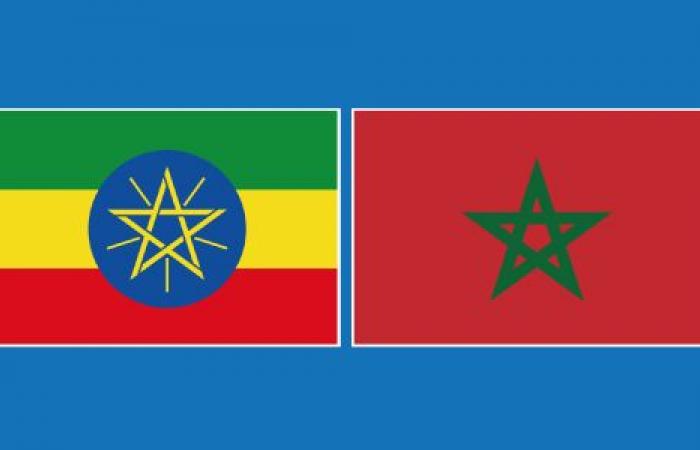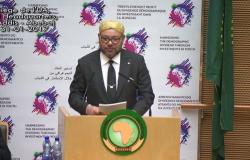
The Ethiopian Parliament has officially approved a long-awaited text authorizing foreign banks to operate in the country. This reform, which we announced recently, was adopted shortly after the governor of the National Bank of Ethiopia, Mamo Mihretu, announced, during the African financial industry summit organized in Morocco, the opening of the banking sector Ethiopian to international investors.
The new law allows foreign banks to establish subsidiaries, open branches or representative offices and acquire stakes in existing Ethiopian banks. However, to preserve some local sovereignty, the legislation sets a limit of 49% on the combined ownership of shares by foreigners or foreign organizations in local banks.
A changing sector in the face of foreign competition
The Ethiopian government plans to grant up to five banking licenses to foreign investors over the next five years, aiming to boost competition in the financial sector. Mr. Mihretu defended the reform, saying it will strengthen national banking institutions. Currently, the Ethiopian banking landscape has more than 30 institutions, dominated by the state-owned Commercial Bank of Ethiopia.
Since coming to power in 2018, Prime Minister Abiy Ahmed has moved to liberalize the Ethiopian economy. In 2021, his government awarded an $850 million telecommunications license to a consortium led by Safaricom (Kenya), breaking the state monopoly. More recently, the country opened its distribution sector to foreign players and is preparing to launch a stock exchange, the Ethiopian Securities Exchange, to facilitate the privatization of public companies.
This opening comes against the backdrop of an economy that was once among the most dynamic in Africa, posting annual growth rates above 10% between 2004 and 2019. However, the civil war, the Covid-19 pandemic and the The economic fallout from the war in Ukraine slowed this expansion, bringing average growth to 5.9% between 2020 and 2023, while inflation climbed from 20.4% to 30.2%.
Economic stabilization and possibilities for Moroccan banks
Faced with a chronic shortage of foreign currencies, the National Bank of Ethiopia abandoned its policy of fixing exchange rates in July. This bold move led to an initial depreciation of the birr, followed by a gradual stabilization of the currency, ending the dollar black market. Businesses now have better access to foreign currencies, and foreign exchange reserves are starting to flow into the national treasury again.
For Moroccan banks, this reform offers significant strategic possibilities. With their experience in pan-African expansion and their expertise in financing structuring projects, Moroccan institutions such as Attijariwafa Bank and BMCE Bank of Africa are well positioned to invest in the Ethiopian market. By leveraging their networks and know-how, they could play a key role in the development of the local banking sector while strengthening their presence in Africa’s second most populous economy.





